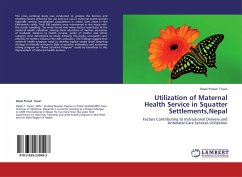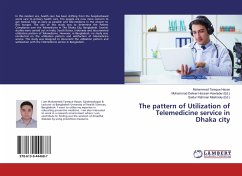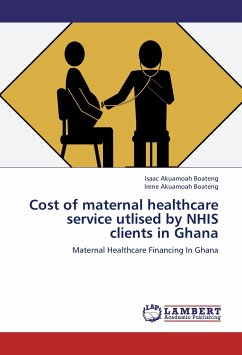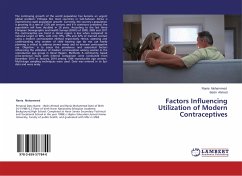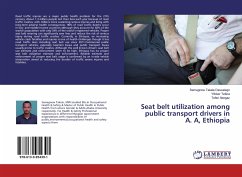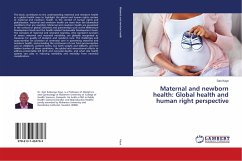The cross sectional study was conducted to analyze the barriers and enabling factors affecting the use and non use of maternal health services especially among marginalized populations in urban slum areas in the Kathmandu valley. Total 200 mothers were interviewed in the study with the cluster sampling. The study found that many factors contribute to the maternal health utilization, among them education of mother, education of husband, distance to health services, parity of mother and ethnic category were determined by study. Similarly, the parity, occupation and ethnicity of mother influence the ANC utilization. The findings suggest that maternal health program need to develop explicit target social targeting strategy to intensify services to Dalit at squatter settlements and awareness raising program on Aama Suraksha Program could be beneficial to the improvement of maternal health services.
Bitte wählen Sie Ihr Anliegen aus.
Rechnungen
Retourenschein anfordern
Bestellstatus
Storno

